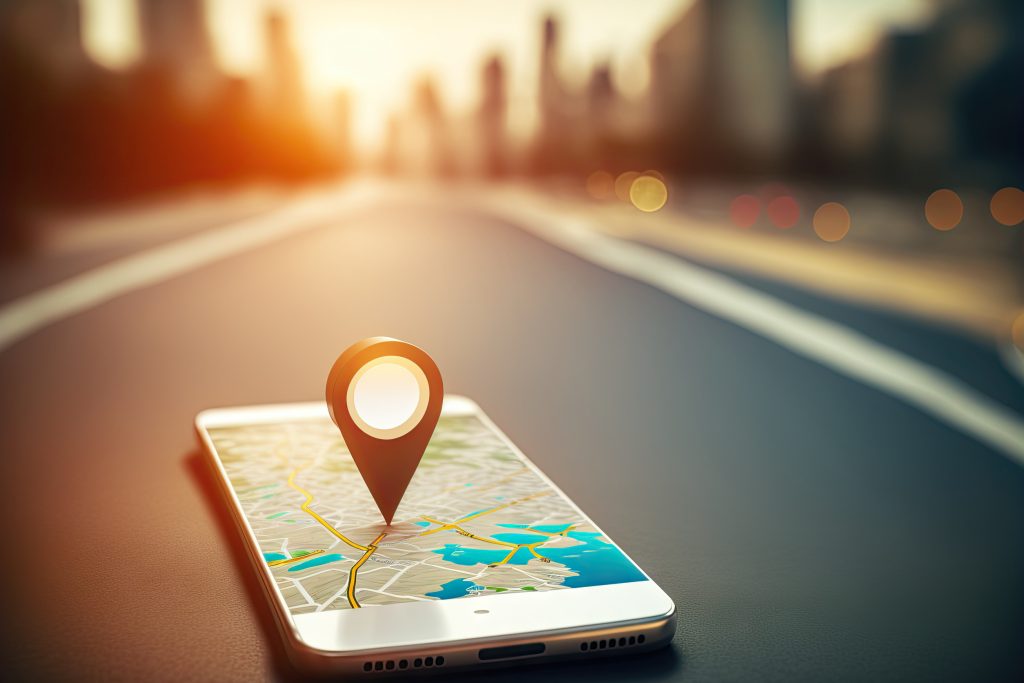
Your smartphone is your constant companion, but it’s also a powerful tracking device that knows where you are at almost all times. While you might expect navigation apps like Google Maps to track you, you’d be shocked by the sheer number of other applications that are collecting your location data, often without your explicit, ongoing consent. Many of these apps that track your location do so silently in the background, building a detailed profile of your daily life. It’s time to pull back the curtain on these digital spies hiding in your phone.
1. Social Media Apps (Facebook, Instagram, X)
You tag your location in a post, and you assume that’s the only time these apps know where you are. Wrong. Facebook, Instagram, and others often request access to your location for features like local recommendations or geotagging photos. Even if you deny constant access, they can still infer your location from your IP address, Wi-Fi networks you connect to, and photos you upload that contain location metadata.
2. Weather Apps
To give you an accurate forecast, a weather app needs to know your general location. However, many free weather apps take this a step further, continuously tracking your precise location throughout the day. This data is then often sold to third-party data brokers and advertisers. The app doesn’t need to know your every move to tell you if it’s going to rain; it’s collecting that extra data for profit.
3. Ride-Sharing and Delivery Apps
Apps like Uber, Lyft, and DoorDash obviously need your location to function when you’re using them. The problem arises when they continue to collect this data even when the app is just running in the background. While policies have become stricter, it’s crucial to check your phone’s settings and ensure these apps are only permitted to access your location “While Using the App,” not “Always.”
4. Certain Gaming Apps
Why would a simple puzzle game need to know where you are? Often, it doesn’t. Many free mobile games request location access not for gameplay, but to serve you location-based advertisements. They are a prime example of apps that track your location for purely commercial reasons. Always be skeptical of permission requests from apps that have no logical need for that data.
5. Retail and Coupon Apps
Your favorite store’s app might ask for location access to help you find the nearest branch or send you special in-store offers. But they also use a technology called “geofencing.” This allows them to know when you enter or pass by their store (or even a competitor’s store) to push targeted ads to your phone. This creates a detailed log of your shopping habits and movements.
6. Dating Apps
Dating apps like Tinder and Bumble rely on your location to show you potential matches nearby. This is central to their function. However, the constant broadcasting of your general whereabouts can be a privacy risk. Many of these apps have been criticized for how they handle and protect this sensitive data, which could potentially reveal your home, workplace, or daily routine.
7. Photo Geotagging Features
This isn’t an app, but a feature that’s often enabled by default on your phone’s camera. Every photo you take can be embedded with precise GPS coordinates. When you upload these photos to social media or other websites, you could be unknowingly sharing the exact location of your home, your child’s school, or your favorite private spot. It’s wise to turn this feature off in your camera settings.
8. Free VPN and “Security” Apps
This is perhaps the most deceptive category. You download a free VPN or “security” app to protect your privacy, but many of these services are anything but private. To fund their free service, they often log and sell your data, including your location history and browsing habits, to the highest bidder. When it comes to privacy tools, you often get what you pay for.
9. Pre-Installed Carrier or Manufacturer Apps
The “bloatware” that comes pre-installed on many Android phones can also be a source of hidden tracking. Apps from your mobile carrier or the phone’s manufacturer can have deep system-level permissions that allow them to collect data, including your location, without you even realizing it. Many of these apps cannot be easily uninstalled.
Reclaim Your Digital Privacy
Your location data tells an incredibly detailed story about your life. By being more vigilant about app permissions, you can take back control. Regularly review your phone’s privacy settings to see which apps that track your location have access and change the permission from “Always” to “While Using” or “Never.” Don’t let your privacy be the price you pay for convenience.
Go to your phone’s location settings right now. What was the most surprising app you found that had access to your location? Share it in the comments!
Read more:
7 Things You Should Never Leave Behind When Checking Out of a Hotel
8 Dangerous Rental Agreements That Begin With a Friendly Text
The post 9 Mobile Apps That Track Your Location Without Telling You appeared first on Budget and the Bees.







